
10 Books on Healthcare Inequity and Misogyny in Medicine
Healthcare inequity is one of the biggest problems of our time. Doctors dismissing the pain of Black women, the fears of fat women, the realities of trans people. The biases begin in medical textbooks and in the embedded patriarchy in the medical profession, but unfortunately, they don’t end there. Patients routinely deal with misdiagnosis, mistreatment, and dismissal at the doctor’s office and within ERs across the United States. This is worse for women, and much worse for women of color.
Like many of the authors of the books listed below, my eyes opened to this reality through lived experiences. In 2019, I became seriously and mysteriously sick with body aches, brain fog, headaches, shortness of breath, and chest pain. I am a fat, anxious woman, and so many doctors told me I was simply out of shape, or having panic attacks. Others blamed my antidepressants. It turned out to be pericarditis, a swelling of the sack around the heart, a condition that can turn deadly if it grows into complications. I’m still struggling with it today.
It was after that series of events that I threw myself into nonfiction about the biases in our healthcare system, and it was a fruitful effort that I’ve made a personal passion. I wrote my first piece of book recommendations in 2020. Since then, I’ve continued to be exposed to the inequities and pain points of the biases that fill our healthcare system — from going to urgent care for stomach issues and being told I just have anxiety to the pandemic being declared “over” as disabled and chronically ill people continue to fight for their lives.
The books below dig deeply into the problems with our healthcare system. They also advocate for healthcare feminism and true body justice, and the ways we can, yes, advocate for ourselves, but also fight for a better system all together, without which little will change.
Many, if not most, of the books below deal with issues of medical trauma, misogyny, dismissal, and ableism, as well as classism, racism, and misogynoir. I recommend digging deeper into individual titles if you are concerned about these content warnings. Please also feel free to reach out to me on Instagram for whatever details I’m able to provide.
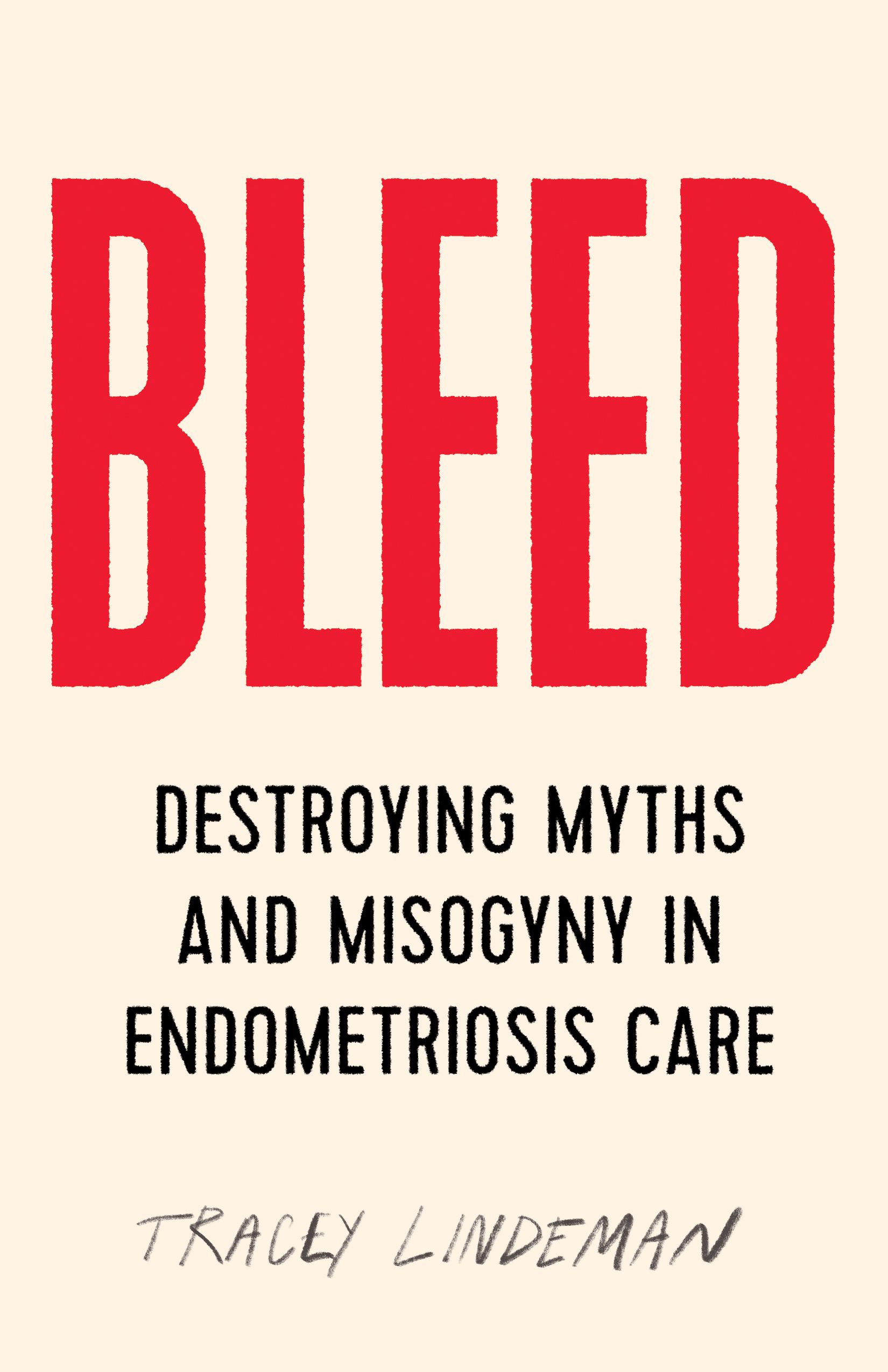
Bleed: Destroying Myths and Misogyny in Endometriosis Care by Tracey Lindeman
Lindeman focuses on endometriosis and similar issues of chronic pelvic pain and illness, and in doing so, gives us a superb, readable book about the issues, horrors, and biases that the healthcare system imposes on people assigned female at birth. It digs into the dehumanization and horrors of medical trauma, the resistance of doctors to anything that would threaten a woman’s fertility, and much more. This book is also extremely inclusive of discussing how these issues impact queer people and people of color, which I really appreciated. Anyone who has been dismissed or traumatized at the doctor’s office will emphasize and learn something from this book, and people with endo should absolutely pick this one up.
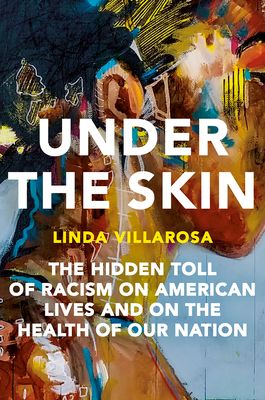
Under the Skin: The Hidden Toll of Racism on Health in America by Linda Villarosa
It’s nothing inherent about Black genes that make Black people have less healthy outcomes than white people, or that makes the maternal health gap widen. It’s racism that does that — through weathering (damage done through high-effort coping, anxiety, fear, and constant effort), through systematic dismissal and bias in the doctor’s office and emergency room, through the dismantling and mistrust of harm reduction and community health organizations, through the criminalization of mental health and its interaction with the criminalization of Black bodies, and through much more. This is a vividly well-written and researched nonfiction read that is impossible to put down and terrifyingly revealing.
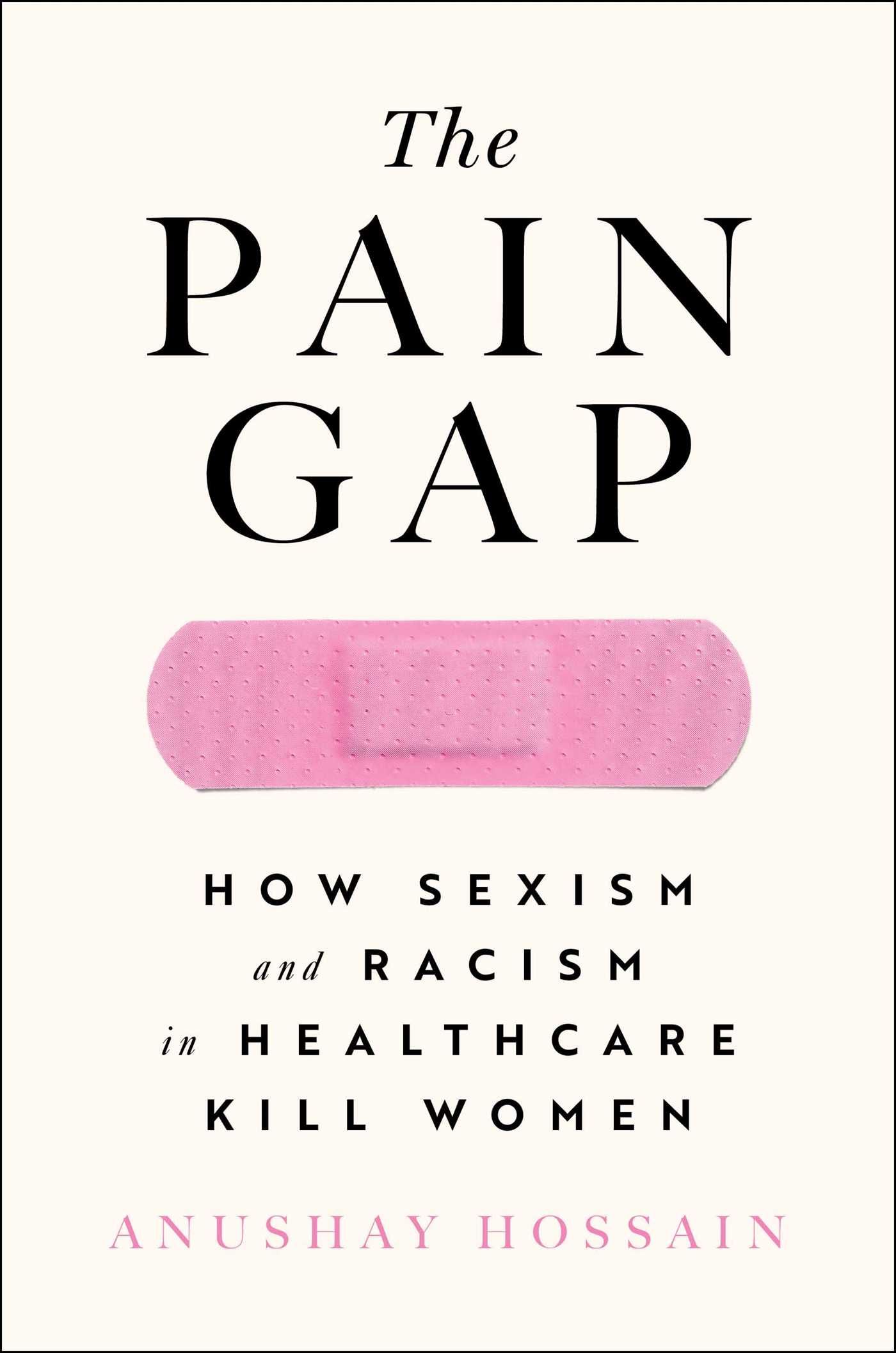
The Pain Gap: How Sexism and Racism in Healthcare Kill Women by Anushay Hossain
Hossain was relieved to become pregnant in the U.S., excited to get the best healthcare in the world after growing up in Bangladesh — but she soon was exposed to the realities of giving birth as a woman of color in the U.S. Her book focuses on maternal health, the struggle of women of color, and how the Covid-19 pandemic exposed medical racism and gender bias, which was a unique point that I hadn’t read about elsewhere. Using both her own story and the stories of other women who have experienced medical trauma, Hossain exposes the hypocrisy behind the story of American exceptionalism when you consider the state of American healthcare and how it impacts pregnant women and new mothers.
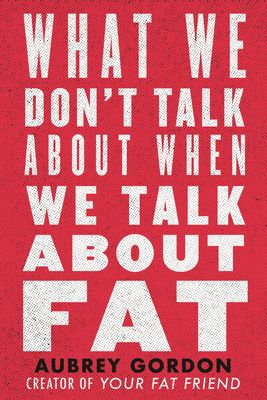
What We Don’t Talk About When We Talk About Fat by Aubrey Gordon
The way we treat fat people — the anti-fat bias, weight stigma, and hatred that saturates our country — is vital not only in the doctor’s office but in the broad world. Gordon writes about the outdated disproven beliefs of weight loss, the enforced hierarchy of bodies, and terms — from “fatcalling” to “concern culture” — to describe the hatred and prejudice fat people see at every turn. As a small-fat woman whose medical professionals are routinely “surprised” at her good blood pressure, I identified with so much of this book, and it really highlighted how vital it is for us to forge a body justice that is intersectional and not as empty as the body positivity movement is.
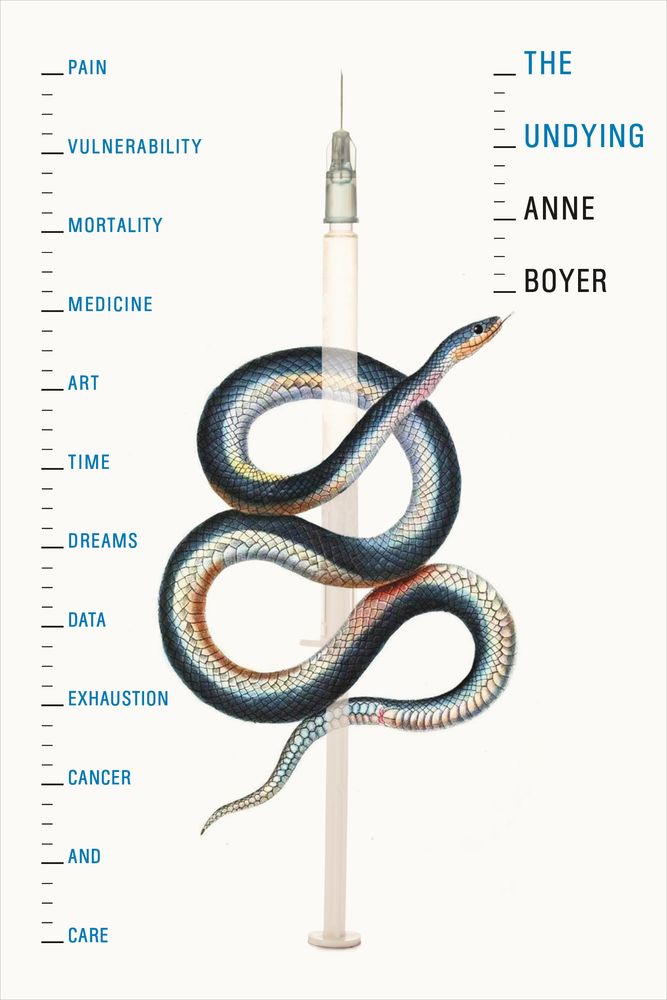
The Undying: Pain, Vulnerability, Mortality, Medicine, Art, Time, Dreams, Data, Exhaustion, Cancer, and Care by Anne Boyer
This Pulitzer Prize-winning book is part memoir about Anne Boyer’s experience with having and “surviving” cancer. But it’s more than that, too. Boyer writes poetically and emotionally about how society abandons its ill members (AKA all of us, at some point in our lives). It digs into how there’s no proper way to access care without leaning on family, how care work and data work are so often invisible, how pink ribbon culture and idolizing a certain kind of survivor are dangerous and defeatist. It’s a rich, engaging memoir that has a lot of very valid and powerful things to say about how the stories we tell about cancer fail the people who have to live through it.
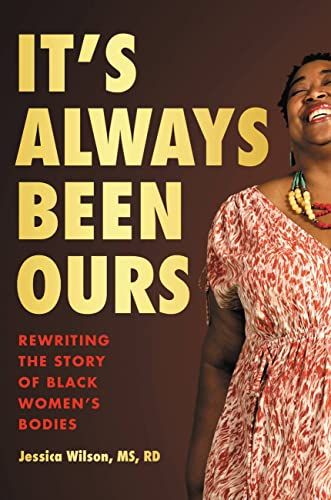
It’s Always Been Ours: Rewriting the Story of Black Women’s Bodies by Jessica Wilson
In this book, Wilson digs into what we expect and ask Black women’s bodies to be, and how we have to confront and be uncomfortable with how white supremacy impacts our visions of our bodies and well-being before we can even begin to properly treat eating disorders, body image, and medical issues in Black women. From resilience to respectability, from the falseness of so many wellness narratives to the inability of frameworks like “intuitive eating” to help too many people, from urging dietitians and E.D. specialists to embrace a new, intersectional framework to examining how we can look at Black bodies and joy in many different ways, Wilson uses her knowledge as a dietitian as well as her own experience as a chronically ill, queer Black woman to inform this excellent read.
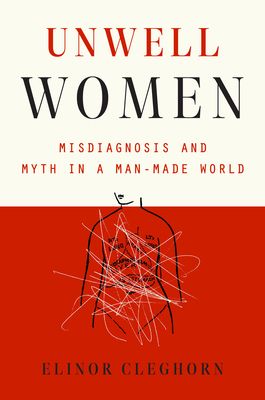
Unwell Women: Misdiagnosis and Myth in a Man-Made World by Elinor Cleghorn
Cleghorn’s approach is to dig into the history of the misogyny within medicine, to show how things have changed over time, and how history snakes through these issues. The book is extremely readable but still does a great job of breaking down how Western medicine surveils and polices women and their “unruly bodies,” and how it has done so throughout history — from hysteria to hormones to psychosomatic conditions. It’s one of the most valuable books I’ve read on the bias in medicine, truly. It really expertly braids together the history of medicine with the history of women speaking out against the medical system and the broken healthcare system.
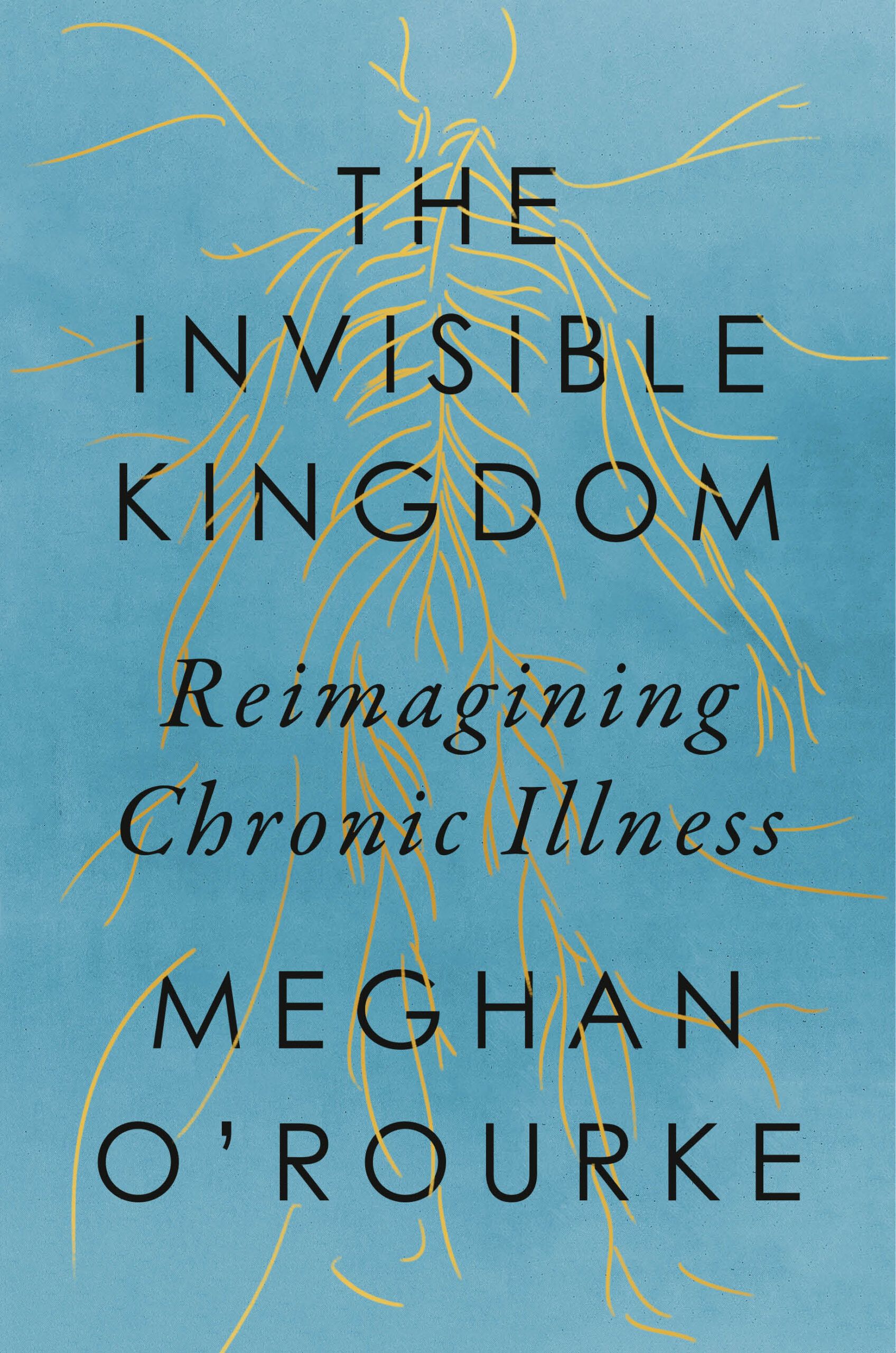
The Invisible Kingdom: Reimagining Chronic Illness by Meghan O’Rourke
O’Rourke is deeply unapologetic about her struggle, and channels that pain and anger into her research into autoimmune, invisible chronic illness, and medical dismissal. She writes about the systemic failure of our healthcare system and its equalities. She covers capitalist systems of insurance, drug companies, and other toxic influences. She also addresses a lot about cultural storytelling, covering militant metaphors, the counterproductive reclamation of hysteria, the draining away of sympathy that comes with chronic illness, and more. It was both heartbreaking and validating to see these issues evoked so well.
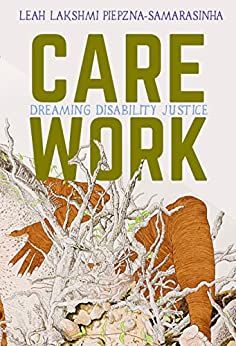
Care Work: Dreaming Disability Justice by Leah Lakshmi Piepzna-Samarasinha
This essay collection is a fantastic book about disability justice, from the goals of collective care, access as radical solidarity, medical dismissal, what care means for disabled, chronically ill, and mentally ill people, and much more. Almost all of us will be temporarily or permanently disabled at some point in our lives, and questioning the deficiency model of disability, picturing futures that aren’t rooted in “cure” as the only possibility, and improving webs of care and community, will benefit us all. Piepzna-Samarasinha writes an excellent, emotional book about the possibilities for a different, more powerful world.
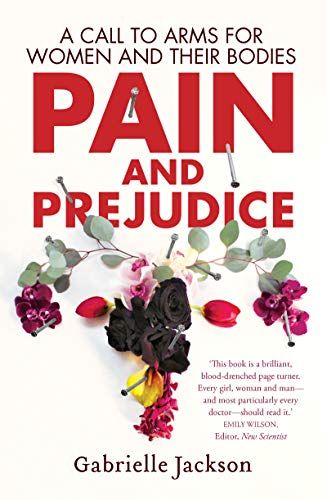
Pain and Prejudice: A Call To Arms for Women And Their Bodies by Gabrielle Jackson
This book was really, really excellent at laying out the reason doctors aren’t treating or researching chronic pain, how the system isn’t set up to treat chronic pain, and how this needs to change at the level of governments and funding. Jackson does a particularly great job at breaking down chronic overlapping pain conditions and focusing on them throughout the book. Her own struggle with endometriosis informs her anger as she writes about how women can advocate for themselves, educates about biology and the science behind chronic pain, and digs into how doctors aren’t trained to deal with something as “un-curable” as chronic pain.
Don’t forget to check out my 11 other book recommendations on the biases in healthcare. If you want more about my own personal chronically ill journeys and the books that helped me through, check out my essay on seeing my queer, ill self in Jenn Shapland’s memoir, or why it hurt to read about the damage lack of sleep can do.





